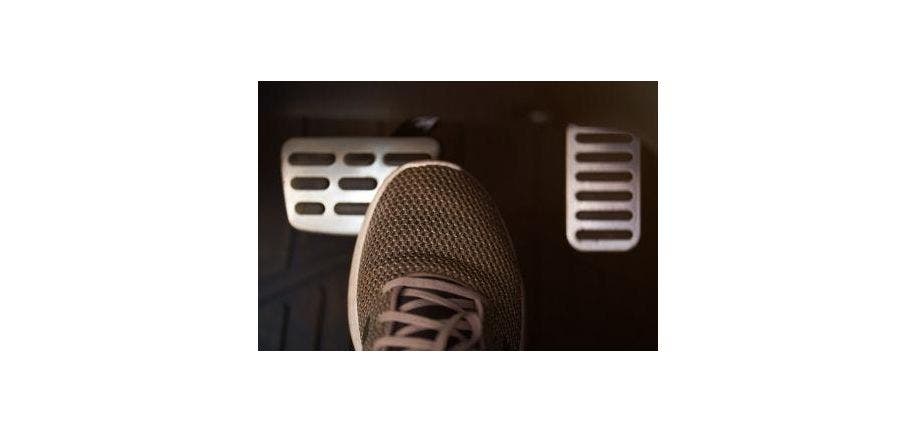Learn to Diagnose and Fix Bad Brake Rotors Here
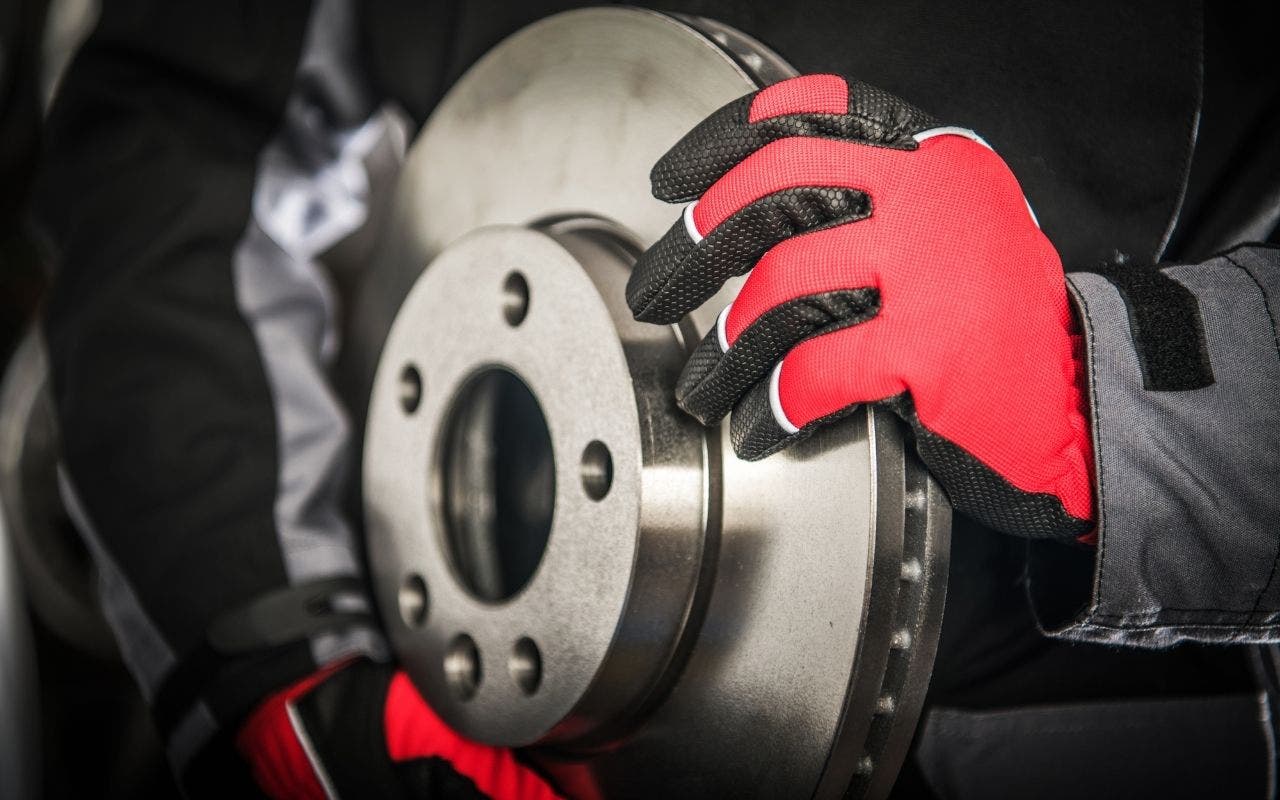

When your car’s brakes go bad, you’ll often experience pulsing. When your brakes are pulsing, you can feel your steering wheel shaking as you brake, or you may feel your car shaking from your seat. When you’re having these brake problems, it’s usually because of faulty or warped brake rotors. Brake rotors can go bad for several reasons. We’ll explain the signs of bad brake rotors and what can cause your brake rotors to warp
Symptoms of Bad Brake Rotors
Sometimes you hear about “pulsing brakes” as a symptom of a bad brake system. The action of braking your car creates a lot of friction, which causes your brakes to heat up. This is because your car’s brake system is taking the potential energy of your car and converting it to heat. Because your brake rotor is exposed to a lot of heat, pulsing brakes are usually the symptom of a rotor that has warped due to long periods exposed to excessive amounts of heat.
Where you feel the shaking depends on what part of your brake system is malfunctioning. For example, if you’re feeling the shaking in your steering wheel, it’s usually an issue with your front brakes. If the shaking is in your seat, it’s most likely an issue with your rear brakes.
Why The Problem Could Be Your Brake Rotors
Whether there’s pulsing, shaking, or vibrating in your steering wheel, seat, or pedal, all these different symptoms can be caused by the same problem. If the pulsing occurs while the car is coming to a stop, then regardless of where the pulsing is coming from, it’s probably a bad brake rotor. When brake rotors go bad, they’ll need to be resurfaced or replaced.
A quick DIY Mechanic’s note: When you remove a brake rotor you have to remove your brake pads, too. This is not only a perfect time to replace your pads, it’s recommended. Cut your labor in half. Also, this is a great time to inspect your brake caliper for damage or leaks. If the caliper has to be replaced, might as well get those three birds with two rotors.
Heat Scores, AKA “Hot Spots”
Heat scores show up on your brakes when they’ve been overheated. They look like grooves or scoring, which are called “hot spots”. You’ll be able to see some discoloring across your rotor that is caused by heat. The friction created by these grooves and “hot spots” can be another reason your steering wheel is shaking. Hot spots are usually caused by one of several problems: a stuck brake pad, a stuck brake caliper piston, or a sticking brake caliper slider can all be possible causes.
Pitted Rotors
Brake rotors sometimes get “pitting”, a symptom that looks like small divots spread across the router. A vehicle that sits for a long time gets a huge buildup of moisture on the rotor. That moisture then sinks into the rotor and rusts. The rust will disappear, but the pits caused by their damage with remain. When you see pitting on your rotor, it’s best to replace it sooner than later.
Rotor Gouging
Gouging looks like long streaks on the rotor. These streaks are caused by metal rubbing against metal, usually because your brake pads are worn down. Gouging can also be caused by stuck brake parts, like a stuck brake caliper piston, caliper slider, or brake pads. Gouging causes brake pedal vibration but the grinding noise will be a much more intrusive and unbearable symptom.
Broken or Stuck Brake Caliper Piston
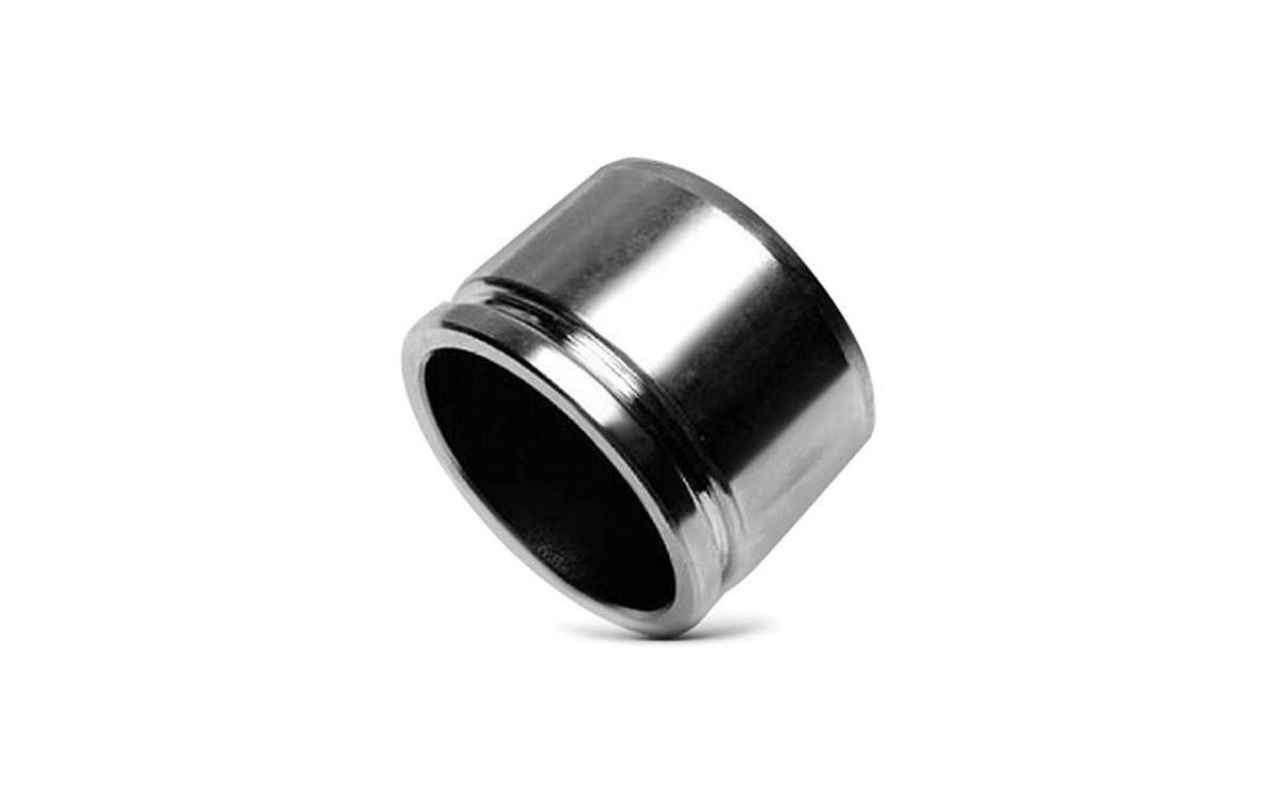

Your caliper pistons are what move your brake pads. When you press down on the brake pedal, the pistons push out behind your brake pads, which causes friction between your pads and the rotor. When you take your foot off the pedal, these pistons retract. When brake caliper pistons are broken or they get stuck, they can’t expand or retract like they’re supposed to. This leaves your brake pads in constant contact with your rotor. This doesn’t just cause brake pulsing but the brake pedal may feel soft or spongy when you press down, as well. Stuck brake calipers can quickly wear out the other parts in your brake system, like your brake rotors and brake pads. It’s best to replace your calipers at this time
Damaged Brake Line Hose
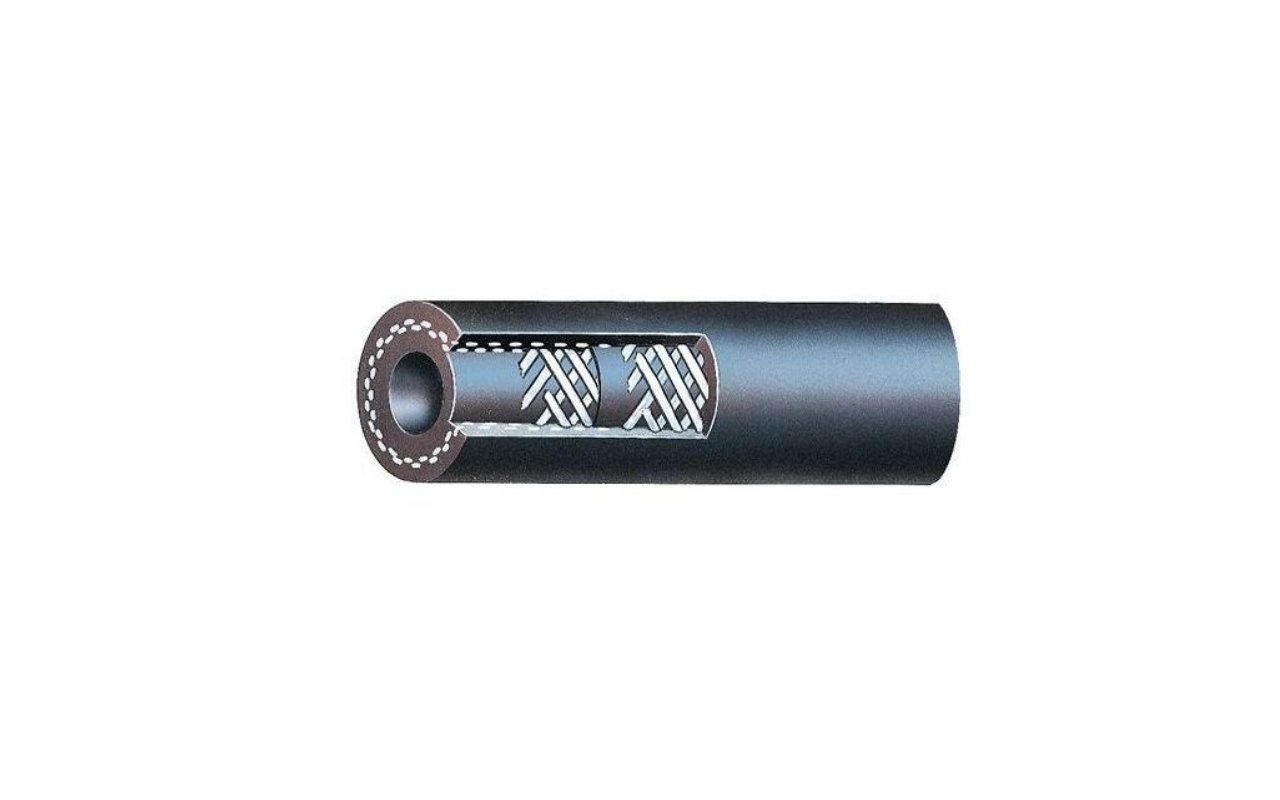

Your brake system has a hose that supplies brake fluid to the calipers. Brake fluid is necessary for your calipers to move. These hoses can get damaged by collapsing, being torn, or getting twisted from improper installation. Anything that causes the flow of brake fluid to be disrupted can cause issues with your brakes.
Brake Caliper Slide Bolts Are Stuck or Frozen
Your brake caliper slide bolts have one of the most important jobs in your brake system. These slide pins are what allows your brake calipers to move, and they need to be greased so they can move freely. If the caliper slide bolts get stuck, you’ll wear out your brake pads in an uneven pattern and damage your rotor.
Stuck Brake Pads
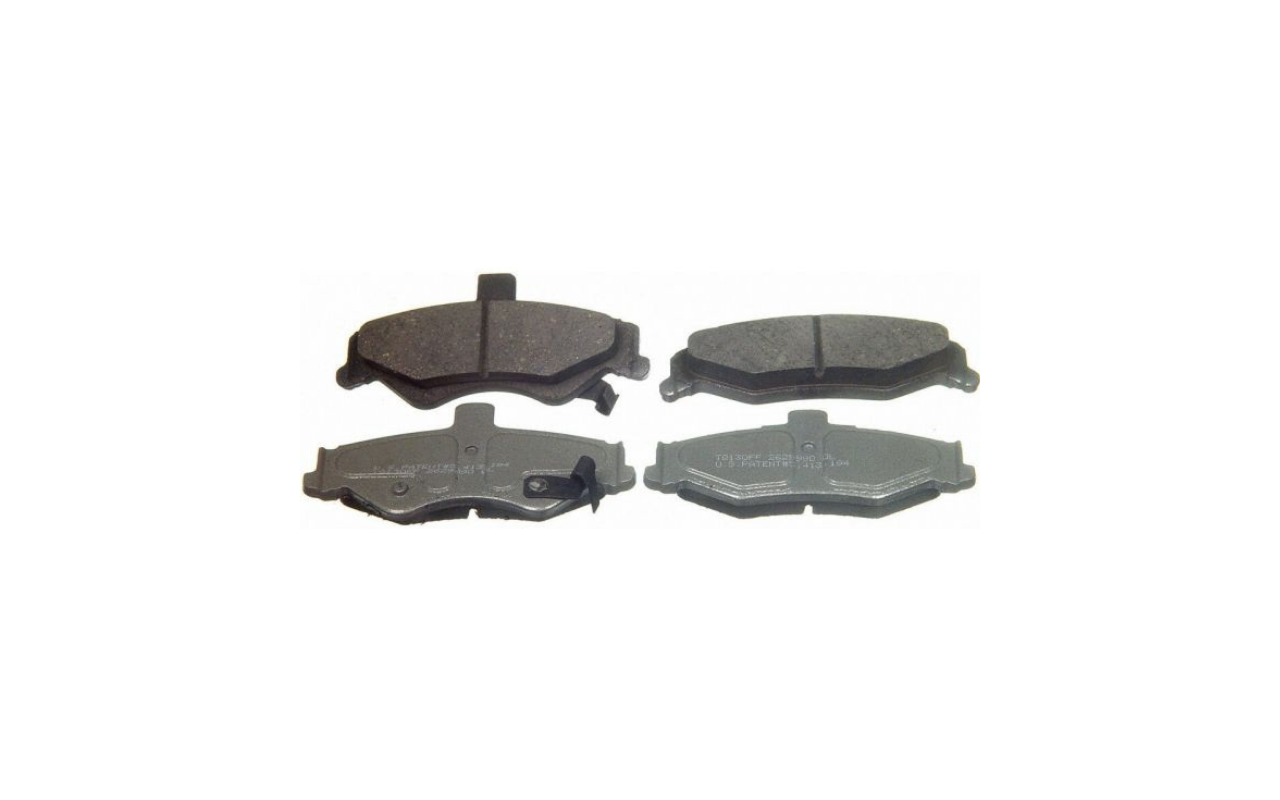

Brake pads are kept aligned by your vehicle’s brake caliper bracket. Your brake pads should be able to move freely in their bracket without any problems, though their space to move is very limited. If your brake pads get stuck, then they can’t press against the rotors with even pressure. This limits your braking power which is dangerous for you and anyone in your way and also causes uneven wear. They’ll get worn out and cause your brakes to pulse and damage your rotor.
Other Potential Causes
Any defective brake parts can cause your brake rotors to wear out faster. These worn-out rotors can cause pulsing or vibrating in your steering wheel and brakes when stopping your car.
Replacing Your Brake Pads and Rotors
Before you replace your brake pads, check to see if your rotors are worn or damaged and will also need to be replaced. If so, you might as well get it all at once and save time on labor. This will provide your brake pads with a clean surface for braking.
Another DIY Mechanic’s Note: Always replace brake components in pairs; driver’s side and passenger’s side. Brake pads and rotors don’t always wear evenly so when you replace one and not other it could cause symptoms that weren’t there before. When replacing faulty calipers, new components will likely be more efficient than the old ones. Replacing in pairs, left and right, is still the best practice for calipers but not always necessary. Use your best judgment.
If your steering wheel is shaking, your brakes are pulsating, or just not braking visit Partshawk.com to repair your failing brake system. Contact us at (650) 560-Hawk and let our experts help you find what you are looking for.

